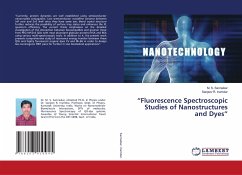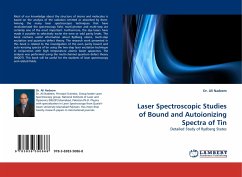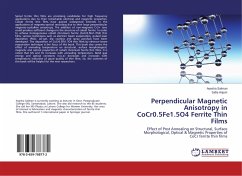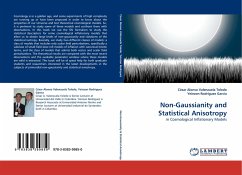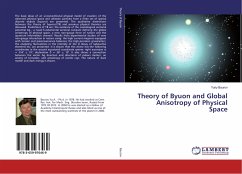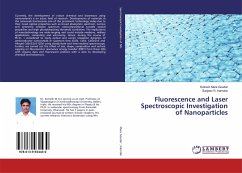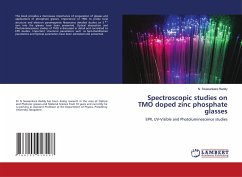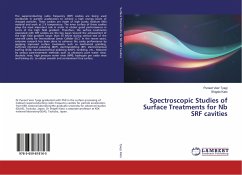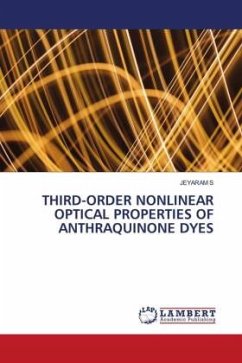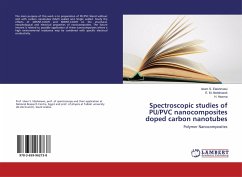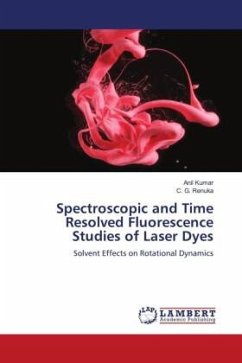
Spectroscopic and Time Resolved Fluorescence Studies of Laser Dyes
Solvent Effects on Rotational Dynamics
Versandkostenfrei!
Versandfertig in 6-10 Tagen
56,99 €
inkl. MwSt.

PAYBACK Punkte
28 °P sammeln!
Solute-Solvent interactions in solutions so far are not completely understood. Rotational diffusion studies of medium-sized solute molecules in solvents provide a useful tool to understand these interactions. Due to continuous interactions between solute and solvent with the neighboring particles solute in solvents experiences frictions. By modeling this friction using various continuum theories such as Hydrodynamic, Quasi-Hydrodynamic, and Dielectric friction one gets a better insight into the type of solute-solvent interactions. Rotational dynamics of three mediumly sized laser dyes in a ser...
Solute-Solvent interactions in solutions so far are not completely understood. Rotational diffusion studies of medium-sized solute molecules in solvents provide a useful tool to understand these interactions. Due to continuous interactions between solute and solvent with the neighboring particles solute in solvents experiences frictions. By modeling this friction using various continuum theories such as Hydrodynamic, Quasi-Hydrodynamic, and Dielectric friction one gets a better insight into the type of solute-solvent interactions. Rotational dynamics of three mediumly sized laser dyes in a series of primary alcohols at room temperature have been studied by employing steady-state anisotropy and time-resolved fluorescence. The results are modeled to understand the major contributions of friction on solute molecules in solvents.



